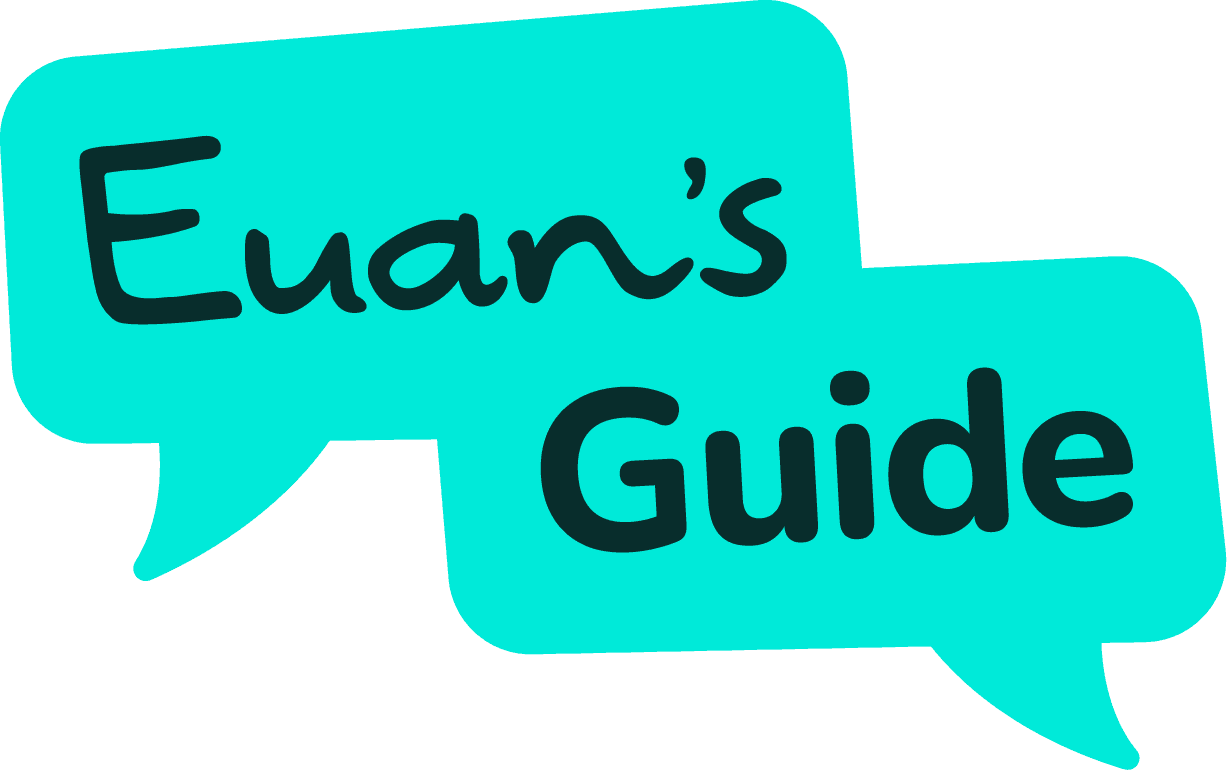Like many students this year, Kayleigh is graduating from university in an unconventional way. She shares some of her experiences as a disabled student and how the Coronavirus pandemic has highlighted ableism in academia:
I was accepted into university at the age of seventeen and have always wondered, “Is it just because I’m disabled? Did they just accept me to tick a box?” A lot of disabled students experience a type of imposter syndrome in academia. I personally always felt that I was not as intelligent as my peers and did not deserve to be there. From this I was insistent in working harder, faster, and producing better work to prove to my tutors, peers and myself that I had the same worth. This constant feeling of having to go above and beyond was a lot of emotional labour that I have carried to the end of my degree.
After coming to university, I had a chat with supervisors and academic staff about my access requirements and other support needs. I told them that as someone with Cerebral Palsy, I often need to attend physiotherapy appointments, spasticity management clinics and other branches of support which are difficult to reschedule. On top of this and attending university, I had to work part time to make ends meet. When I inquired about accessing lectures and other materials online if I needed to miss a class, I was quickly shut down. Due to “confidentiality” and “privacy” issues, they could not record lectures, give out extra material or change the way they teach as it would not be fair on everyone else. They suggested if I was not able to keep up with face to face learning, I should consider dropping out or moving to a 100% online course.
Since the Covid-19 pandemic has started, all the requirements that I needed, but were told would be impossible to implement, are now mandatory for everyone. It is frustrating as it shows that these adaptions were possible, but some faculties would rather let disabled students drop out than spend money or time to adapt a course that includes everyone. The debate around lecture capturing has been discussed for a while, but only now that every student needs it, as opposed to a minority group, it is finally considered a good move.
I felt like we received very little support in our final semester as everyone had to adapt to these unprecedented circumstances. The remaining few lectures of the year were uploaded onto our shared worksite and any class notes were also available to download. However, accessibility still didn’t seem to be a priority as all videos or recorded material did not have subtitles and no images had descriptions. Trying to reach out for clarification would mean extra emotional and physical labour that sets us back in an already disrupted timeline of learning. As some university staff had been striking, I had not had face to face teaching or support since February 2020. I really do feel that disabled students were at a definite disadvantage when it came to completing this academic year.
At the time of writing, I have heard that some universities are moving all or the majority of classes online until such a time that it is safe to return to “normal.” Others are planning to open their doors in September in order to regain a sense of normalcy. Those that do plan on starting the 2020/2021 academic year face to face, are beginning to look at how they can make their universities safe and welcoming. I wonder what social distancing measures will look like for lectures, in canteens, social areas or with toilet facilities. Some disabled students already have to sit at the door or worse, in the halls outside because facilities are inaccessible! How are social distancing measures going to affect that? One-way systems, restricted use of lifts and blocking off certain areas of rest will be a nightmare for some disabled students who need to access certain places or rest during the day. If online, I also wonder if better accessibility will be provided, considering those with hearing impairments, visual impairments and more.
We shouldn’t go back to “normal.” That wasn’t working for disabled students. Our “normal” was pushing ourselves to be seen as equal, going above and beyond to prove ourselves, and dealing with explicit and implicit ableism every single day. Disabled people have been asking higher education institutions for reasonable adjustments for years. If universities are trying to figure out a new normal way of how to run things, I sincerely hope they include disabled people in the conversation.
Our weekly Voices of Covid series helps to draw attention to people's experiences in lockdown. The purpose is to raise awareness and shed some light on individuals’ stories of their situation in this challenging time. Do you have a story you would like us to share or an issue you would like to see discussed? Please get in touch to let us know.

Sign up to our newsletter
Stay up to date with the latest news, announcements, and articles.
Read about our Privacy Policy.




